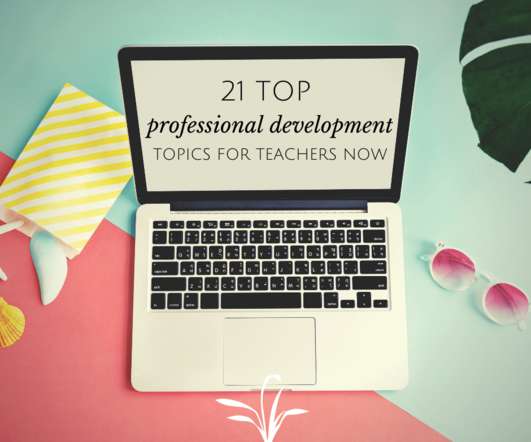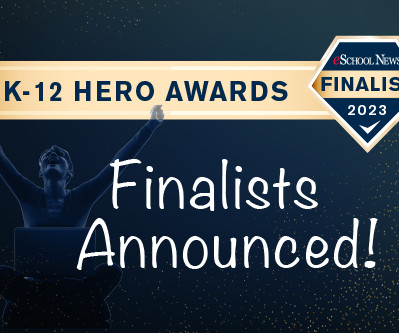21 Top Professional Development Topics For Teachers Now
The CoolCatTeacher
JUNE 3, 2021
Forming Community Partnerships to Access Educational Resources In this course for school leaders, you will explore methods for seeking out and partnering with community members to gain a variety of resources for your school. Online Assessment. Assessment must respect learners, provide actionable feedback, and motivate.















Let's personalize your content